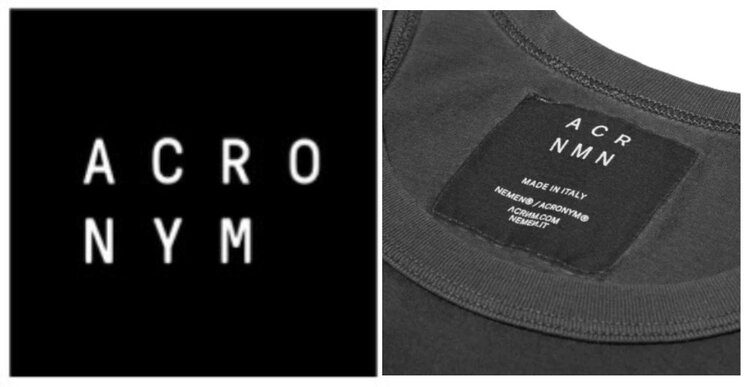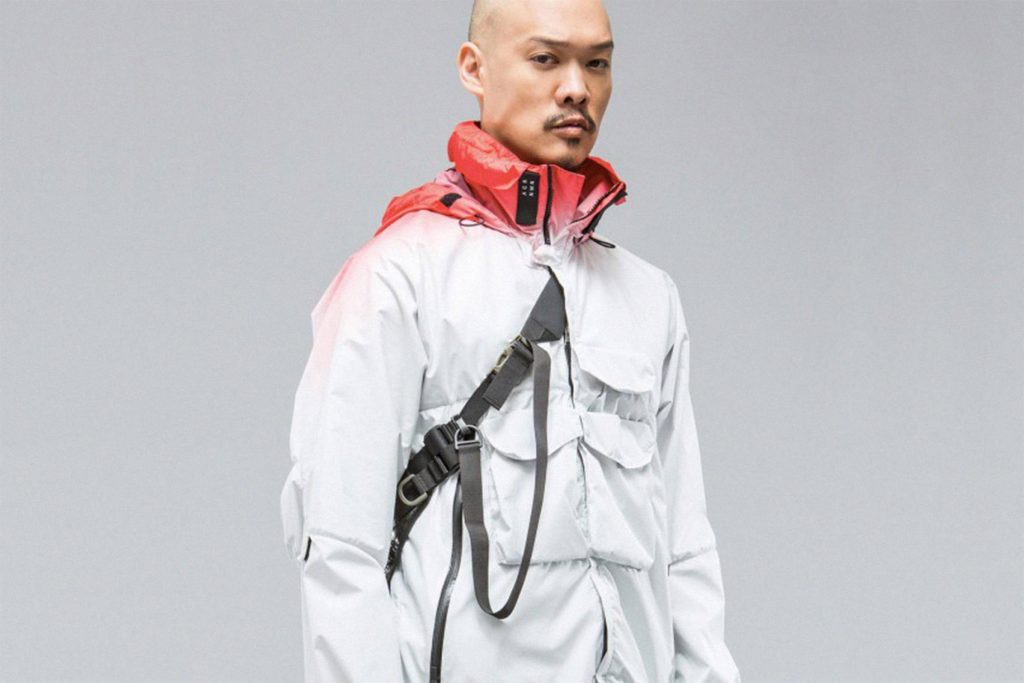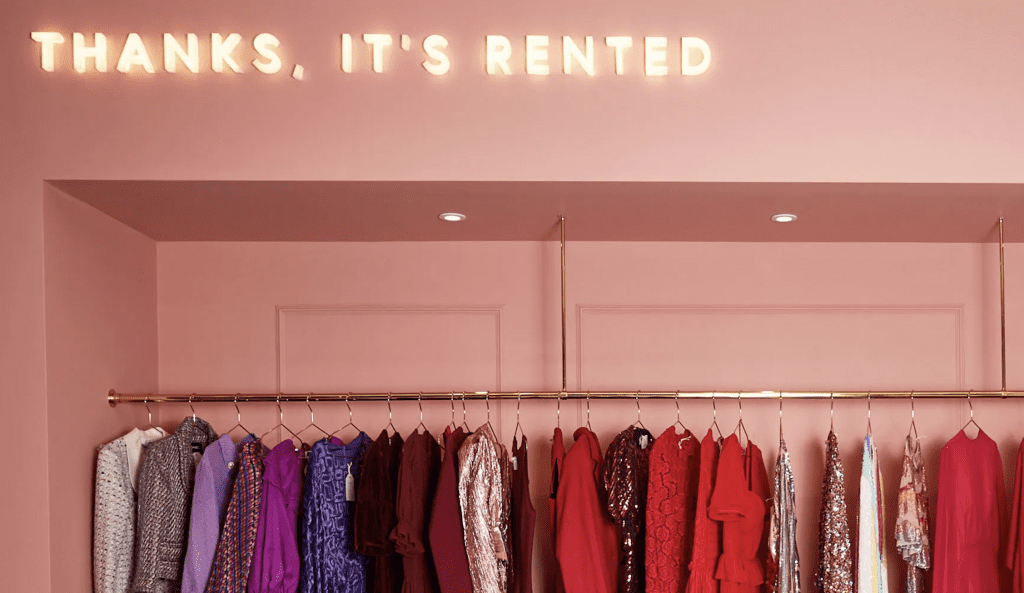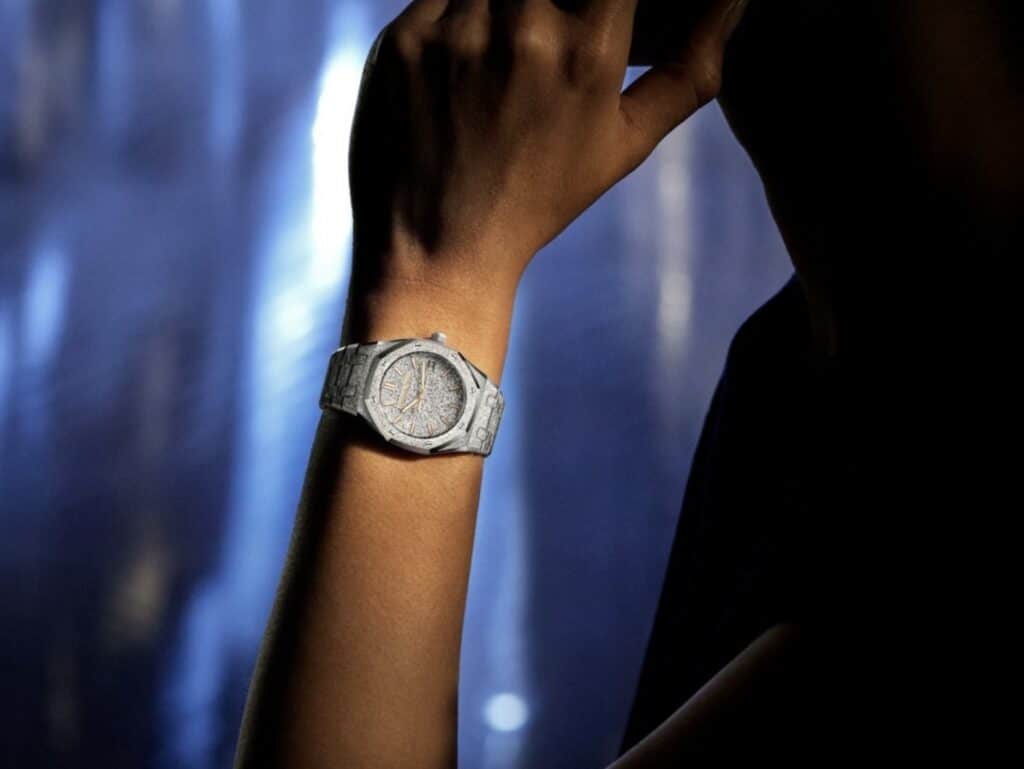Early this week, as residents of Iowa were readying to cast their votes in the 2020 presidential caucus, Errolson Hugh was en route to New York for Nike’s 2020 Forum event. There is no connection between Hugh, a Canada-born, Berlin-based technical apparel designer and Nike collaborator, and the Iowa caucus, but for a moment, it seemed like there just might be. That moment came about on Tuesday when Iowa Democratic Party officials spoke out in light of the delayed release of the caucus polling results; the tardiness, they said, was the result of a “coding issue” with the new app that the state’s Democratic party was using to tabulate results.
“As Iowa Democratic Party officials blamed an app for the delayed release of caucus results, conspiracies started swirling about something more corrupt,” the Poynter Institute’s Politifact site stated this week. The party, itself, paid about $60,000 to the app-maker, according to the Los Angeles Times, presumably to license the technology. But the conspiracy, itself, centered on Democratic presidential candidate Pete Buttigieg and how much his campaign had paid the company.
Allegations swirled that “the app that ‘failed’ in Iowa [on Monday evening] was developed by a software company [that] was paid by the Buttigieg campaign last summer.” Things got interesting when Buttigieg began claiming victory “before any precincts [had] reported” their results. Politifact has since revealed that while Buttigieg’s campaign did, in fact, pay the company $42,500 for “software rights and subscriptions,” they had “no role in the app used by the Iowa Democratic Party.” Nonetheless, #PeteTheCheat trended on Twitter for quite awhile on Tuesday.
The glitchy app that brought even more attention than usual to Iowa’s Democratic caucus was created by Shadow Inc., “a little-known company founded by veterans of Hillary Clinton’s unsuccessful presidential campaign, and whose previous work was marked by a string of failures, including a near bankruptcy,” according to the New York Times. Also in the mix? Shadow’s main backer, a 2-year old progressive Democratic strategy nonprofit organization called ACRONYM, a company that tech website Recode reports is “new enough and opaque enough that it’s not entirely clear what the organization is actually delivering.”
Even if Shadow’s dealing are not entirely obvious, what is perfectly clear is that “now that Shadow is under the microscope,” per Recode, “ACRONYM, one of the companies affiliated with [it], is too.”
With burgeoning curiosity surrounding the quiet political entity that boasts ties to Clinton’s 2016 presidential campaign, and likely in light of the “complex” nature of its operations (Recode reports, “ACRONYM is a nonprofit, but it also has a political action committee – under its nonprofit are for-profit entities that its nonprofit sometimes pays into”), Google searches spiked this week, with inquiries for ACRONYM and Shadow surging by more than 3,000% at times. The name of ACRONYM’s founder and CEO Tara McGowan, a 34-year old political strategist, also proved to be particularly search-worthy.
All the while, another name was racking up the searches, as well: Errolson Hugh. As those with deep-pockets and an affinity for technically-driven apparel already know, the name of Hugh’s nearly 3-decade-old company is also ACRONYM. The name is capitalized and stylized in much the same way as the “darling of the Democratic donor class,” although Hugh did it first.
Not nearly as under-the-radar as ACRONYM, the political organization, ACRONYM, the apparel company, is, nonetheless, situated more behind-the-scenes than the majority of its peers. As writer Adam Wray detailed in 2013, “You’d be forgiven for not knowing much about ACRONYM.” Despite having significant clout when it comes to technologically-advanced apparel and amassing a list of famous fans (think: Kanye West, John Mayer, Jason Statham, best-selling author William Gibson, and mixed martial arts champ Max Holloway, just to name a few), “the company never advertises and with no public relations strategy to speak of, its founders are tough to reach.”
Hugh and his co-founder slash business partner Michaela Sachenbacher “prefer to let their designs” – which are heavy on the GORE-TEX technology and utilitarian-focused hacks, and too expensive for most – “speak for themselves.” Yet, “whether you know it or not, [ACRONYM has] been pacing the vanguard of technically-focused fashion for nearly two decades.”
Given their markedly different offerings and their very-distinct positions in the market, the room for confusion between the two same-named companies is – in reality – limited, or at least should be limited. Nonetheless, the combination of the fact that the two companies share the same name and use logos that are not all that dissimilar, and given that just-about-anything goes on social media, where misinformation can spread like a wildfire, many of Hugh’s fans were left to wonder – for a moment, at least – whether the high-tech, intentionally covert brand was in any way linked to the mysterious political strategy group. (It wasn’t).
“I was sitting here [trying to] figure out what Errolson Hugh was doing with the election, but this [is] a whole different ACRONYM,” one Twitter user stated this week. “So, I definitely thought people were talking about Errolson Hugh techwear ACRONYM all day,” quipped another. Other comments, such as, “I was confused yesterday about why you guys were behind a Buttigieg app DNC fiasco,” continued to populate the social media platform.
Another user put the two companies logos side-by-side. The similarity is notable.

The generally light-hearted confusion was further bolstered by the fact that in addition to working with Nike, Hugh has long been affiliated with Italian apparel brand Stone Island, and in particular, its Shadow Project.
Interestingly enough, companies share names (i.e., trademarks) all the time. Depending on how different the companies, the industries in which they operate, and the products/services they offer are, they may each hold legal rights in the name and even co-exist peacefully. For decades, an airline company and a faucet company have both gone by Delta, for example, without issue. A pizza chain and sugar manufacturer similarly use the name Domino, or Domino’sin the case of the pizza-maker, to refer to their brands. Unilever-owned Dove sells soap, while Mars-owned Dove sells chocolate.
Members of the Gucci family and rival brands Mario Valentino and Valeninto Garavani have less peaceful histories, due in large part to the similarity of the products they are offering (or in some cases, proposed to offer).
For the most part, the biggest concern for companies in sharing a name with another business is the availability of trademark protections, and the related risk of consumer confusion (and the impact that can have on building a successful brand. There are also routinely concerns about whether they will be able to get their hands on the respective domain names and social media handles.
There is, of course, another risk that comes with co-operating in the market with a brand – or brands – that have the same name: assuming some of the fall-out when your unaffiliated but same-named counterpart finds itself into a heap of media-covered trouble. This is, to an extent, what was demonstrated this week thanks to the Iowa Democratic Party’s app-of-choice.
However, in an age that is dominated by quick-outrage and short-memories, few instances ultimately prove to be long-lasting bad press, and as Google searches and consumer interest seem to indicate – for Hugh’s brand and also for other brands, such as Peleton, for instance, which caused controversy last year over an allegedly sexist commercial but ended up being more relevant than ever before as a result – few instances of bad press are actually bad press.
And ultimately, either way, Hugh is not bothered. In a reference to all of the times that his brand has been copied, by everyone from Gucci (during former creative director Frida Giannini’s tenure) to Spanish fast fashion giant Zara, he tweeted this week, “I mean, we’re on everyone’s mood boards.”











